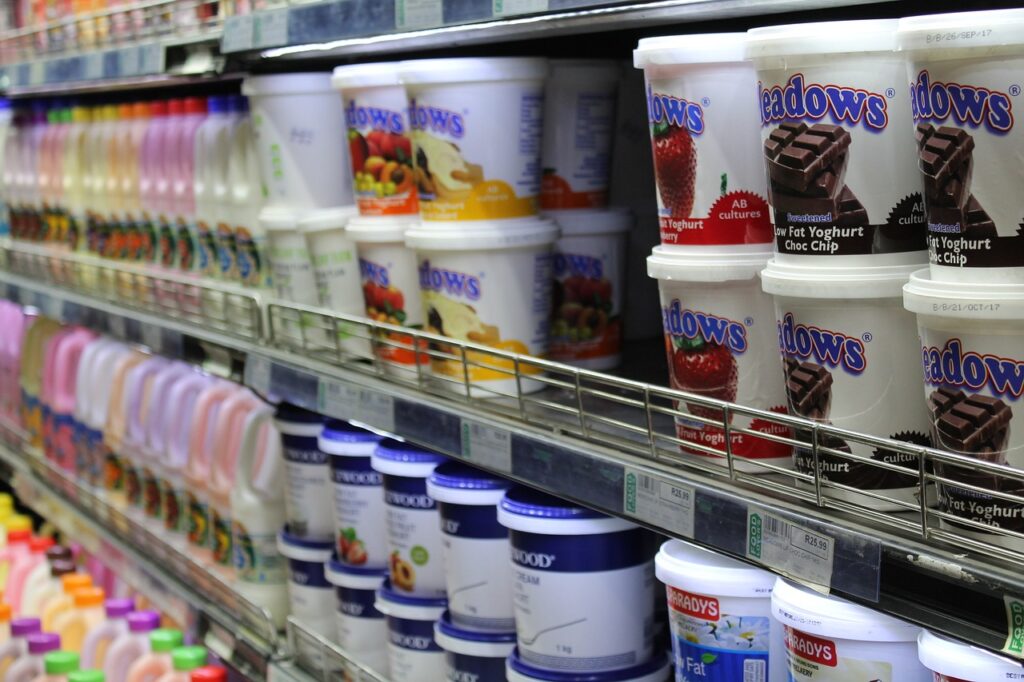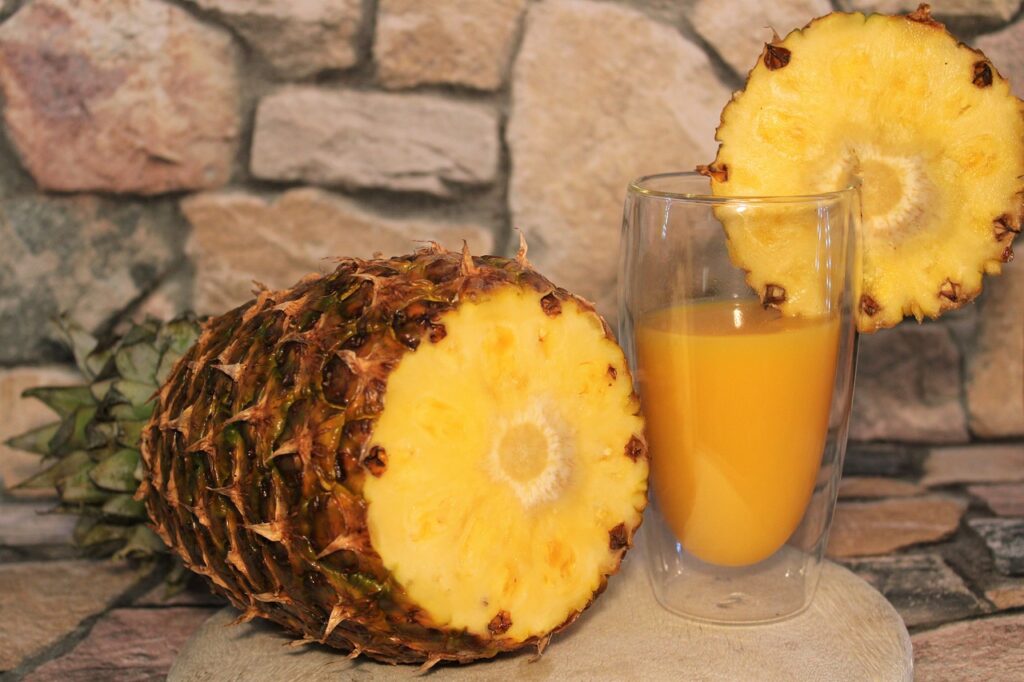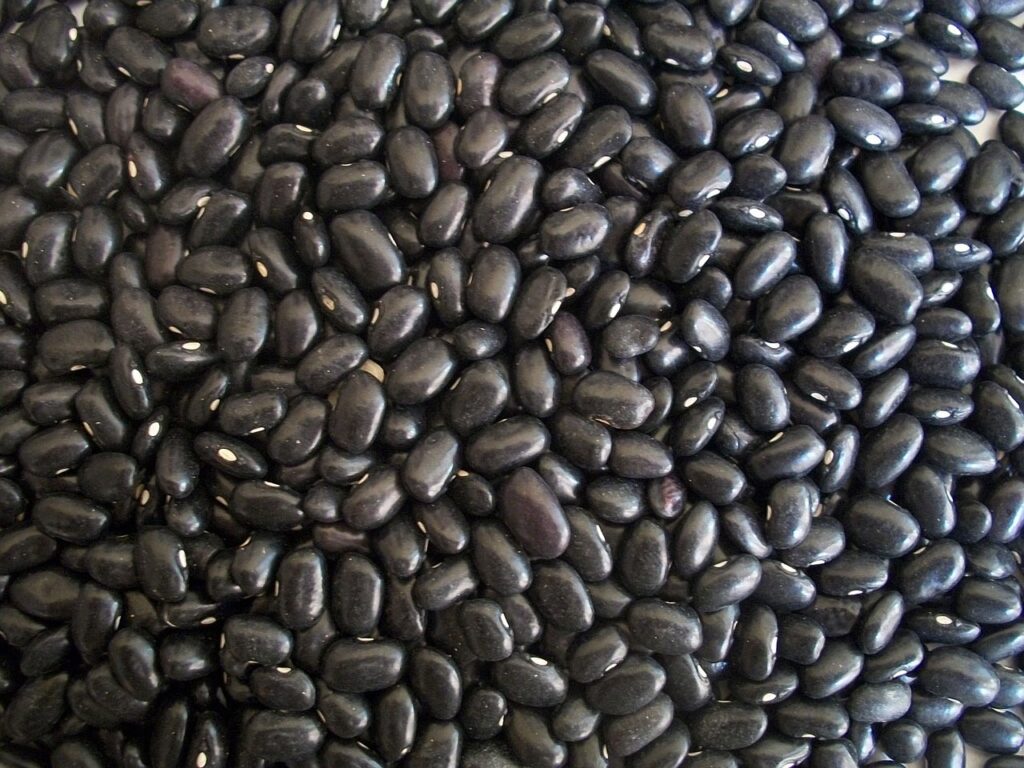Are you ready to take your plant-based keto journey to the next level? Just like a skilled gardener knows how to nourish their plants with the right amount of sunlight and water, you too can cultivate a thriving keto lifestyle by boosting your fat intake.
It's time to unlock the secrets of incorporating delicious and nutritious plant-based fats into your meals. From mouthwatering avocados to versatile coconut oil, there's a world of possibilities waiting for you.
So, what are you waiting for?
Let's dive into the world of plant-based keto tips and discover how you can elevate your fat intake to new heights.
Benefits of a Plant-Based Keto Diet
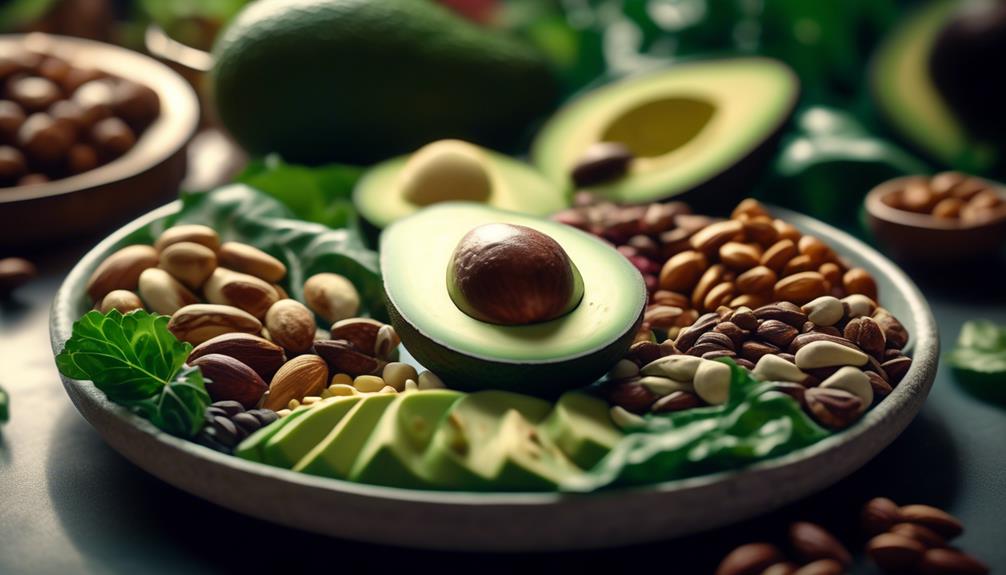
A plant-based keto diet offers numerous benefits, including weight loss support, improved insulin sensitivity, reduced inflammation, and a lower risk of heart disease and high blood pressure.
By following a plant-based keto diet, you can harness the power of healthy fats to promote weight loss. The keto diet involves consuming high amounts of healthy fats while limiting carbohydrates, which helps your body enter a state of ketosis. In ketosis, your body burns fat for fuel instead of carbohydrates. This can lead to increased fat burning and ultimately support weight loss goals.
Additionally, a plant-based keto diet can improve insulin sensitivity. This means that your body becomes more efficient at using insulin to regulate blood sugar levels.
By reducing inflammation in the body, a plant-based keto diet can also help lower the risk of heart disease and high blood pressure. Inflammation is a known factor in the development of these conditions, and by adopting a plant-based keto diet, you can combat inflammation and promote better heart health.
Furthermore, a plant-based keto diet can provide you with a rich source of essential nutrients and antioxidants from plant-based sources. By incorporating a variety of plant-based foods into your diet, such as avocados, nuts, seeds, and leafy greens, you can ensure that your body receives important vitamins, minerals, and antioxidants necessary for optimal health.
Remember to prioritize protein sources like tofu, tempeh, and plant-based protein powders to support muscle growth and repair.
Essential Plant-Based Fats for Ketosis
To maintain ketosis on a plant-based keto diet, it's important to incorporate healthy fats into your meals. Avocados, coconut oil, and nuts are excellent sources of healthy fats.
Additionally, focus on obtaining essential fatty acids like omega-3s from sources like chia seeds and flaxseeds.
Healthy Plant-Based Fats
Incorporating healthy fats into your plant-based keto diet is essential for maintaining ketosis. To boost your fat intake, focus on including a variety of nutrient-dense foods that provide healthy plant-based fats.
Include sources such as avocados, nuts, and seeds in your meals and snacks. Utilize plant-based oils like coconut oil, olive oil, and avocado oil in your cooking and dressings. These oils are rich in monounsaturated fats, which are beneficial for heart health.
Additionally, consider adding MCT oil to your diet, as it can help increase ketone production. Remember to balance your macronutrients by including plant-based proteins like tofu, tempeh, and edamame.
Pair your healthy fats with non-starchy vegetables to create a well-rounded and satisfying plant-based keto meal plan.
Ketogenic Fat Sources
Boost your plant-based keto diet with essential sources of healthy fats for ketosis.
When it comes to fat sources on a ketogenic diet, avocados, nuts, and seeds are your go-to options. These foods provide not only healthy fats but also important nutrients like fiber and vitamins.
Coconut oil, olive oil, and full-fat coconut milk are also excellent choices for plant-based fats. They're rich in medium-chain triglycerides (MCTs), which can boost ketone production and provide a quick source of energy.
Additionally, incorporating tofu, tempeh, and seitan can help meet your protein needs while keeping your carbohydrate intake low.
Don't forget to include non-starchy vegetables like leafy greens, cauliflower, and zucchini for added nutrients.
Increasing Dietary Fat
To ensure you're getting enough essential plant-based fats for ketosis, focus on incorporating a variety of healthy fat sources into your meals without compromising your plant-based lifestyle. Here are four ways to increase your dietary fat:
- Incorporate healthy fats such as avocados, coconut oil, and nuts in every meal to boost fat intake. These foods are rich in monounsaturated and polyunsaturated fats, which are essential for a ketogenic diet.
- Use olive oil, flaxseeds, and chia seeds to increase the healthy fat content in your salads and smoothies. These plant-based sources are high in omega-3 fatty acids, which have numerous health benefits.
- Include high-fat plant-based foods like coconut milk, nut butters, and tofu in your recipes to achieve a higher fat ratio. These ingredients not only add flavor but also provide the necessary fat for a low-carb, high-fat diet.
- Snack on a variety of nuts and seeds throughout the day to increase your fat consumption. Almonds, walnuts, and sunflower seeds are excellent choices that provide both healthy fats and protein.
Creative Ways to Add Fat to Plant-Based Meals
Enhance the flavor and boost the fat content of your plant-based meals by using high-fat dressings and sauces like tahini, avocado, and olive oil. These ingredients aren't only delicious but also provide a variety of health benefits.
While the traditional keto diet relies heavily on animal products for its high-fat content, you can still follow a vegan keto lifestyle by incorporating these plant-based options.
Coconut-based products, such as coconut milk, coconut oil, and shredded coconut, are excellent additions to your cooking and baking. They offer a rich source of plant-based fats that can be used in a variety of dishes.
Nuts and seeds, like almonds, chia seeds, and flaxseeds, are also great choices for increasing your healthy fat intake throughout the day. You can incorporate them into your meals or enjoy them as snacks.
When it comes to protein, opt for high-fat plant-based options like tempeh, tofu, and edamame. These ingredients not only provide a substantial amount of fat but also help keep your carbohydrate intake low.
Lastly, don't forget about avocados. They're a versatile fruit that can be blended into smoothies, used as a topping, or even turned into delicious desserts. Avocados are a great way to effortlessly add healthy fats to your plant-based keto diet.
Plant-Based Keto Snack Ideas
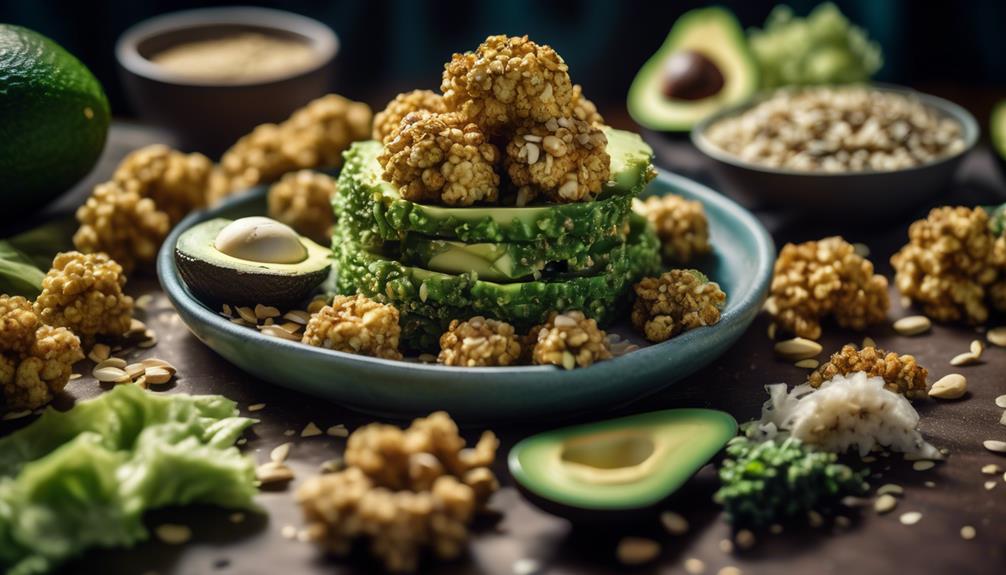
Looking for some plant-based keto snack ideas?
Try incorporating nut and seed butters into your snacking routine for a dose of healthy fats.
Avocado-based snacks, such as guacamole or avocado slices, are another great option to satisfy your cravings.
And don't forget about coconut oil-infused treats like fat bombs or coconut chips for a delicious and satisfying plant-based keto snack.
Nut and Seed Butters
Nut and seed butters are a delicious and convenient snack option for those following a plant-based keto diet. Here are four reasons why you should incorporate them into your snacking routine:
- Healthy fats and protein: Nut and seed butters, such as almond, cashew, and sunflower seed butters, provide essential nutrients and a good amount of fat and protein. These are important for a vegan diet and can help you meet your fat needs while staying in a metabolic state of ketosis.
- Low in carbs: Unlike many other snacks, nut and seed butters are low in net carbs, making them an ideal choice for a keto meal plan. They're also nutrient-dense, which means you can get high amounts of essential nutrients without consuming empty carbs.
- Boosting fat intake: Adding nut and seed butters to smoothies, spreading them on low-carb vegetables, or using them as a topping for keto-friendly desserts is a tasty way to increase your fat intake.
- Health benefits: Nuts and seeds have been linked to a reduced risk of cancer and heart disease. By incorporating nut and seed butters into your diet, you can enjoy the benefits of going plant-based keto while supporting your overall health.
Remember to choose options without added sugars or oils, like canola oil, to align with plant-based keto principles.
Avocado-Based Snacks
Avocado-based snacks are a versatile and delicious addition to any plant-based keto diet. Not only do they provide a rich source of healthy fats, but they also offer numerous health benefits.
Avocados contain monounsaturated fats, which are known to promote heart health and better brain function. They're also packed with fiber, which can help you feel full and satisfied. Including avocado in your diet can help you stay in ketosis and lose more weight.
Avocado oil is a great option for cooking as it has an extremely low carbohydrate content and is high in healthy fats. Feel free to use avocado in different types of snacks, such as guacamole, avocado chocolate mousse, or as a topping for salads and keto-friendly crackers.
With avocado-based snacks, it's easier than ever to give your body the right amount of healthy fats and reap the benefits of a plant-based keto eating plan.
Coconut Oil-Infused Treats
To continue your plant-based keto journey, let's explore the world of coconut oil-infused treats. These treats offer a delicious and convenient way to boost your fat intake while adhering to your dietary goals.
Here are four reasons why coconut oil-infused treats are a great addition to a plant-based keto diet:
- Control over ingredients: By making coconut oil-infused treats at home, you have control over the quality of fats used and can avoid any unwanted additives or preservatives.
- Source of MCTs: Coconut oil is rich in medium-chain triglycerides (MCTs), which are easily absorbed and utilized by the body for energy. These MCTs can be beneficial for reaching and maintaining a state of ketosis.
- Versatility: Coconut oil-infused treats can be both sweet and savory, allowing for a variety of options to satisfy cravings while staying on track with your plant-based keto lifestyle.
- Portability: These treats can be conveniently packed and taken on the go, making them a suitable snack option for busy individuals following a plant-based keto diet.
Incorporating coconut oil-infused treats into your plant-based keto routine can be a tasty and effective way to boost your fat intake while enjoying a range of flavors and textures.
Boosting Fat Intake With Nut and Seed Butters
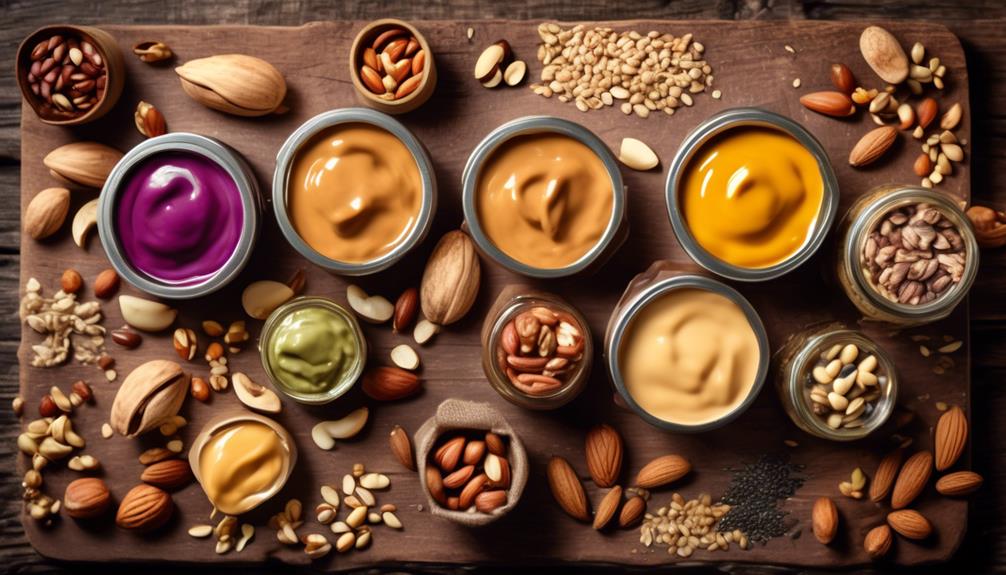
Incorporate a variety of nut and seed butters into your plant-based keto diet to easily boost your fat intake. Nut and seed butters, such as almond, cashew, and sunflower seed butter, are excellent sources of healthy fats. These spreads can be used in various ways to increase your fat intake. You can use them as spreads on low-carb fruits, mix them into smoothies, or even use them as a topping for keto-friendly baked goods.
Including nut and seed butters in your diet not only helps to increase your fat intake but also adds variety to your fat sources. Different combinations of nut and seed butters can be experimented with to keep your meals interesting. For example, you can try almond butter with pumpkin seeds or sunflower seed butter with coconut cream.
Incorporating Avocado Into Your Plant-Based Keto Diet
Boost your healthy fat intake in your plant-based keto diet by incorporating avocado in various ways:
- Add sliced avocado to salads, use it as a topping for soups, or enjoy it as a side dish. Avocado is a rich source of monounsaturated fats, which can help keep you feeling satisfied and support your ketogenic goals.
- Blend avocado into smoothies or shakes. This not only increases the fat content but also adds a creamy texture to your plant-based keto diet. Avocado is a great alternative to dairy-based products like heavy cream, which can be high in saturated fats.
- Create avocado-based dips or spreads, such as guacamole. These not only enhance the fat content of your meals but also provide additional nutrients and flavors. Avocado is a versatile ingredient that can be easily incorporated into your snacking routine.
- Use avocado as a substitute for high-carb condiments like mayonnaise. This helps maintain a low-carb, high-fat profile in your plant-based keto diet. Avocado is a healthier alternative to hydrogenated oils commonly found in store-bought condiments.
Plant-Based Keto Recipes for High-Fat Meals
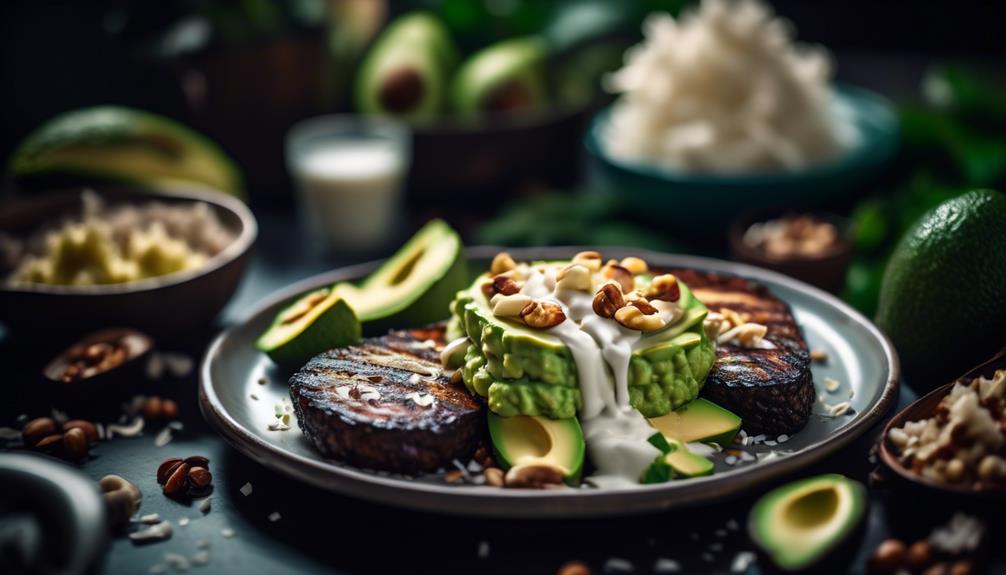
To continue your plant-based keto journey, explore these high-fat meal recipes that incorporate plant-based ingredients to support your ketogenic goals. When it comes to plant-based keto meal ideas, there are plenty of options to choose from. Start by incorporating healthy plant-based fat sources such as avocados, nuts, and seeds into your meals. These ingredients not only provide essential fats but also add flavor and texture to your dishes.
For high-fat vegan recipes, you can create a creamy avocado pasta by blending ripe avocados with garlic, lemon juice, and olive oil. Top it off with some toasted nuts for an extra crunch. Another option is to make a hearty salad with mixed greens, roasted vegetables, and a generous drizzle of tahini dressing. The tahini, made from sesame seeds, is a great plant-based fat substitute for creamy dressings.
When it comes to plant-based keto meal planning, it's important to focus on non-starchy vegetables as the base of your meals. This will help keep your carb intake low while increasing your fat intake. You can create a delicious cauliflower rice stir-fry with tofu and a variety of vegetables. The tofu won't only provide protein but also add a creamy texture to the dish.
For plant-based keto snacks, consider making a batch of roasted nuts or seeds. These make great grab-and-go options when you need a quick energy boost. You can also make kale chips by tossing kale leaves in olive oil and baking them until crispy. These snacks aren't only high in healthy fats but also packed with vitamins and minerals.
When it comes to plant-based keto desserts, you can make a decadent chocolate avocado mousse by blending ripe avocados, cocoa powder, and a natural sweetener like stevia or monk fruit. This rich and creamy dessert isn't only delicious but also keto-friendly.
To make plant-based keto cooking easier, it's important to have some pantry staples on hand. Stock up on ingredients like coconut oil, olive oil, almond butter, and coconut milk. These items can be used in a variety of high-fat recipes and will help you stay on track with your plant-based keto diet.
In terms of plant-based keto cooking tips, experiment with plant-based substitutes for dairy and eggs. For example, you can use almond milk or coconut milk as a substitute for dairy milk. You can also use flaxseed meal or chia seeds mixed with water as an egg substitute in baking recipes.
Lastly, consider incorporating plant-based keto meal prep into your routine. This will help you stay organized and ensure that you always have nutritious and high-fat meals ready to go. Spend some time on the weekends to plan and prep your meals for the week ahead. Chop vegetables, cook grains, and make sauces or dressings in advance. This will save you time during the week and make it easier to stick to your plant-based keto diet.
Conclusion
Boosting your fat intake on a plant-based keto diet is essential for achieving ketosis and maintaining a healthy eating plan. Including foods like avocados, coconut oil, nuts, and seeds can provide you with the necessary healthy fats.
Plant-based oils, such as olive oil or avocado oil, can be used in cooking and salad dressings. Adding plant-based proteins like tofu or tempeh can also help increase your fat intake.
Remember, incorporating these foods into your meals can make your plant-based keto journey both delicious and nutritious.




